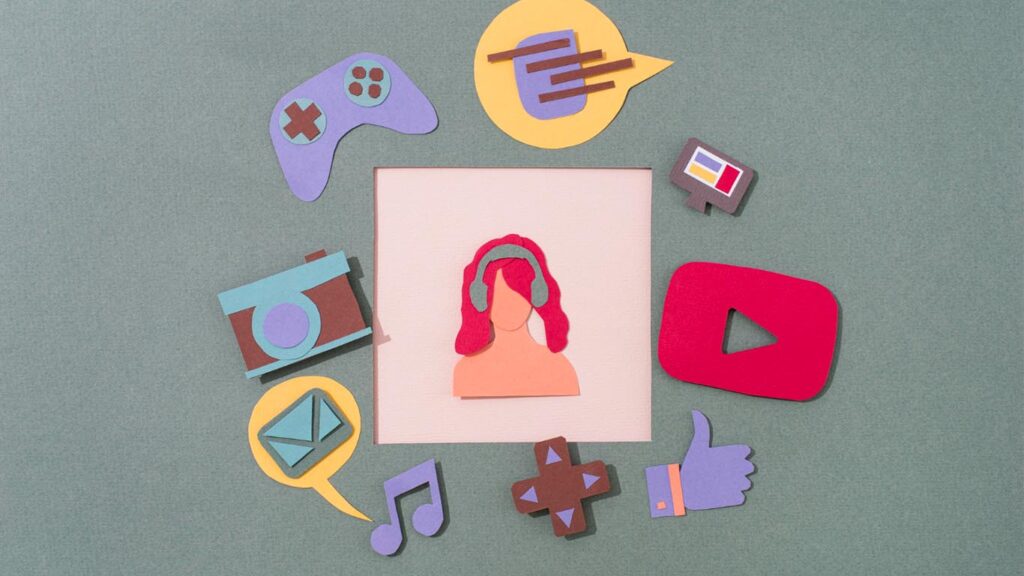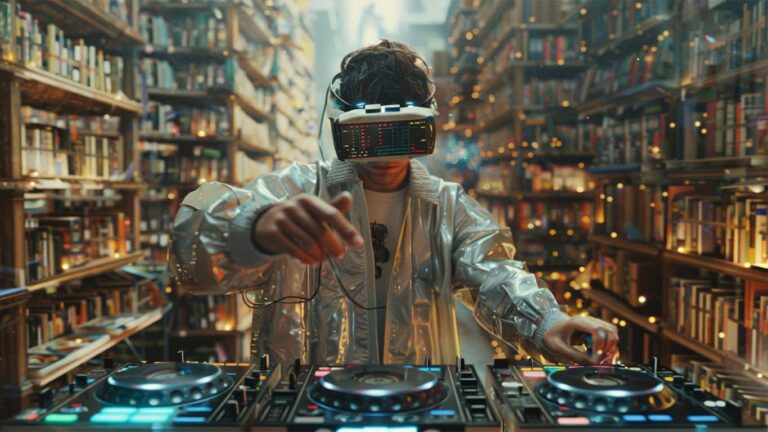
Games
Video games have come a long way from being simple pixelated pastimes to becoming a powerful cultural force that shapes societies, influences art, and even drives economic trends. Today, gaming transcends entertainment; it’s a global phenomenon that connects people, fosters communities, and reflects the complexities of the modern world.
1. The Evolution of Gaming: From Leisure to Lifestyle
Initially perceived as mere entertainment, video games have evolved into a multifaceted medium that blends storytelling, art, technology, and social interaction. In the 1980s, arcade games like Pac-Man and Space Invaders dominated the scene, offering quick, competitive fun. Fast forward to the 2000s, and we see massive multiplayer online games (MMOs) like World of Warcraft, which not only entertained millions but also created virtual societies with their own economies, politics, and cultures.
Today, games like Fortnite and Minecraft aren’t just games—they’re platforms where people socialize, collaborate, and even attend live events. This shift from play to lifestyle reflects how deeply integrated gaming has become in our daily lives.
2. Gaming as a Cultural Mirror
Games often reflect the societies that create them, acting as mirrors to cultural values, norms, and issues. Titles like Assassin’s Creed explore historical events, while games like The Last of Us delve into complex human emotions and moral dilemmas. These narratives not only entertain but also provoke thought about real-world issues such as war, survival, and social justice.
Moreover, games serve as a platform for cultural exchange. Players from different parts of the world connect, sharing experiences, languages, and traditions. This global interaction fosters understanding and appreciation of diverse cultures, breaking down geographical and societal barriers.
3. The Rise of Esports and Competitive Gaming
Esports has transformed gaming into a professional sport, complete with tournaments, sponsorships, and global audiences. Games like League of Legends, Dota 2, and Counter-Strike: Global Offensive draw millions of viewers, rivaling traditional sports in popularity.
Esports isn’t just about competition; it’s a career path, with professional players, coaches, analysts, and content creators shaping the industry. The rise of esports has also influenced traditional sports, with some universities offering scholarships for competitive gamers and even integrating gaming into physical education curricula.
4. Gaming and Social Connectivity
One of the most profound societal impacts of gaming is its ability to connect people. Online multiplayer games create virtual communities where friendships are forged, teams are built, and social bonds are strengthened. Games like Animal Crossing and Among Us have brought people together across distances, providing a sense of belonging, especially during times of isolation like the COVID-19 pandemic.
Furthermore, platforms like Twitch and YouTube Gaming allow gamers to share their experiences with global audiences, turning gameplay into a form of entertainment and community-building. This democratization of content has empowered individuals to become influencers, streamers, and creators, shaping the digital landscape.
5. The Psychological Impact of Gaming
While gaming offers numerous benefits, it also raises questions about mental health and behavior. On the positive side, games can enhance cognitive skills such as problem-solving, strategic thinking, and hand-eye coordination. Educational games promote learning through interactive experiences, and therapeutic games are being used to support mental health treatment.
However, concerns about gaming addiction and its effects on mental health are real. Excessive gaming can lead to issues like social withdrawal, decreased academic performance, and disrupted sleep patterns. Recognizing these risks has led to the development of tools to promote healthy gaming habits, such as parental controls, screen time trackers, and in-game wellness features.
6. Gaming’s Economic Impact
The gaming industry is one of the fastest-growing sectors globally, generating billions in revenue annually. From game development studios to esports tournaments and streaming platforms, gaming contributes significantly to the global economy.
Mobile gaming has revolutionized the market, with games like Clash of Clans and Candy Crush generating enormous profits through in-app purchases. Additionally, game development has become a lucrative career, with opportunities ranging from programming and design to marketing and storytelling.
7. The Future of Gaming: Virtual Reality and Beyond
As technology advances, the future of gaming holds exciting possibilities. Virtual reality (VR) and augmented reality (AR) are set to redefine how we experience games, creating immersive environments that blur the lines between the digital and physical worlds.
Games like Half-Life: Alyx showcase the potential of VR, offering players lifelike interactions and experiences. Meanwhile, AR games like Pokémon GO have already demonstrated how gaming can integrate seamlessly with real-world environments, encouraging outdoor activity and social interaction.
The integration of artificial intelligence (AI) in gaming is also transforming gameplay, with AI-driven characters providing dynamic, responsive interactions that enhance storytelling and challenge.
8. Conclusion: Gaming as a Societal Force
Gaming is more than just play; it’s a reflection of our evolving society. It shapes culture, fosters connections, influences economies, and even impacts our mental well-being. As the industry continues to grow, the role of gaming in our lives will only become more significant, offering new ways to connect, learn, and explore.
Share this content:





